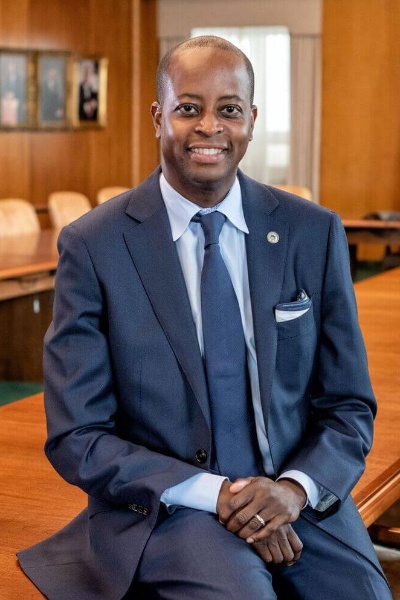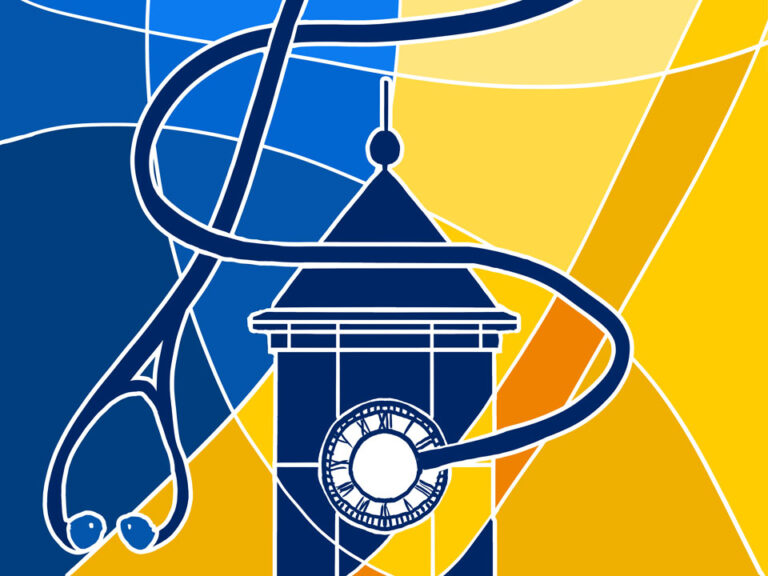Editor’s note:
By Paul Goldberg
In this issue, The Cancer Letter features the first installment of extraordinary work by Rob Winn, our guest editor for February, Black History Month.
Winn has agreed to step in as guest editor of both The Cancer Letter and the Cancer History Project for the duration of February. An editor is a visionary and a convener, and in the upcoming issues you will see Winn turn up eye-opening historical material.


– Photo courtesy of Howard University Archives
Winn is director and Lipman Chair in Oncology at VCU Massey Cancer Center, senior associate dean for cancer innovation and professor of pulmonary disease and critical care medicine at VCU School of Medicine. Winn’s vision as a member of the editorial board of the Cancer History Project has been important in guiding our efforts to capture history.
Last February, my co-editor at the Cancer History Project, Otis Brawley, and I, invited Winn to serve as the guest editor of the Cancer History Project for February 2021. Last year’s Black History Month coverage is highlighted here.
Equanimity under duress […] what it means is that when stuff is going wrong, everything is all over the place, you have to get quieter. The way I explain the experience to the medical students is that when the patient is bleeding, I don’t get to two instruments across the room and yell and scream and stomp my feet. As a matter of fact, if anything, the only thing that I get to do is to become more focused.
Wayne Frederick
In August 2020, Winn and I jointly interviewed Walter Lawrence, a civil rights hero and the founding director of the cancer center Winn now runs. That interview was a soft opening of the Cancer History Project. Prior to that, Winn’s personal account of police brutality—“I could have been George Floyd”—brought home the point that even a Black physician is not protected from this deadly form of racism.
This year, Winn has agreed to serve as guest editor again. There is, however, a difference: this month, he will also serve as the guest editor of The Cancer Letter.
Guest editorship is not something you see often. To broaden our coverage, both historical and current, Brawley and I have invited several thought leaders in the field to serve as guest editors for periods as brief as a week or as long as a month.
The purpose of the Cancer History Project is to provide a deeper understanding of events occurring around us today. Therefore, it makes sense to combine the guest editorships of the Cancer History Project and The Cancer Letter.
The most important aspect of the job of an editor is to convene and bring to full view stories that would ordinarily remain unseen.
The contribution of Black doctors and scientists to the development of today’s oncology is a clear example of a part of history that merits a focused, hypothesis-driven examination.
The Cancer History Project Guest Editor Robert Winn focused on the legacy of LaSalle Leffall, a Howard University surgical oncologist.
Winn is the director of VCU Massey Cancer Center. He and John H. Stewart, director of Louisiana State University-Louisiana Children’s Medical Center Health Cancer Center spoke with Wayne A.I. Frederick, president of Howard University.
Stewart and Frederick were mentored by Leffall.
Leffall’s obituary appears here.















